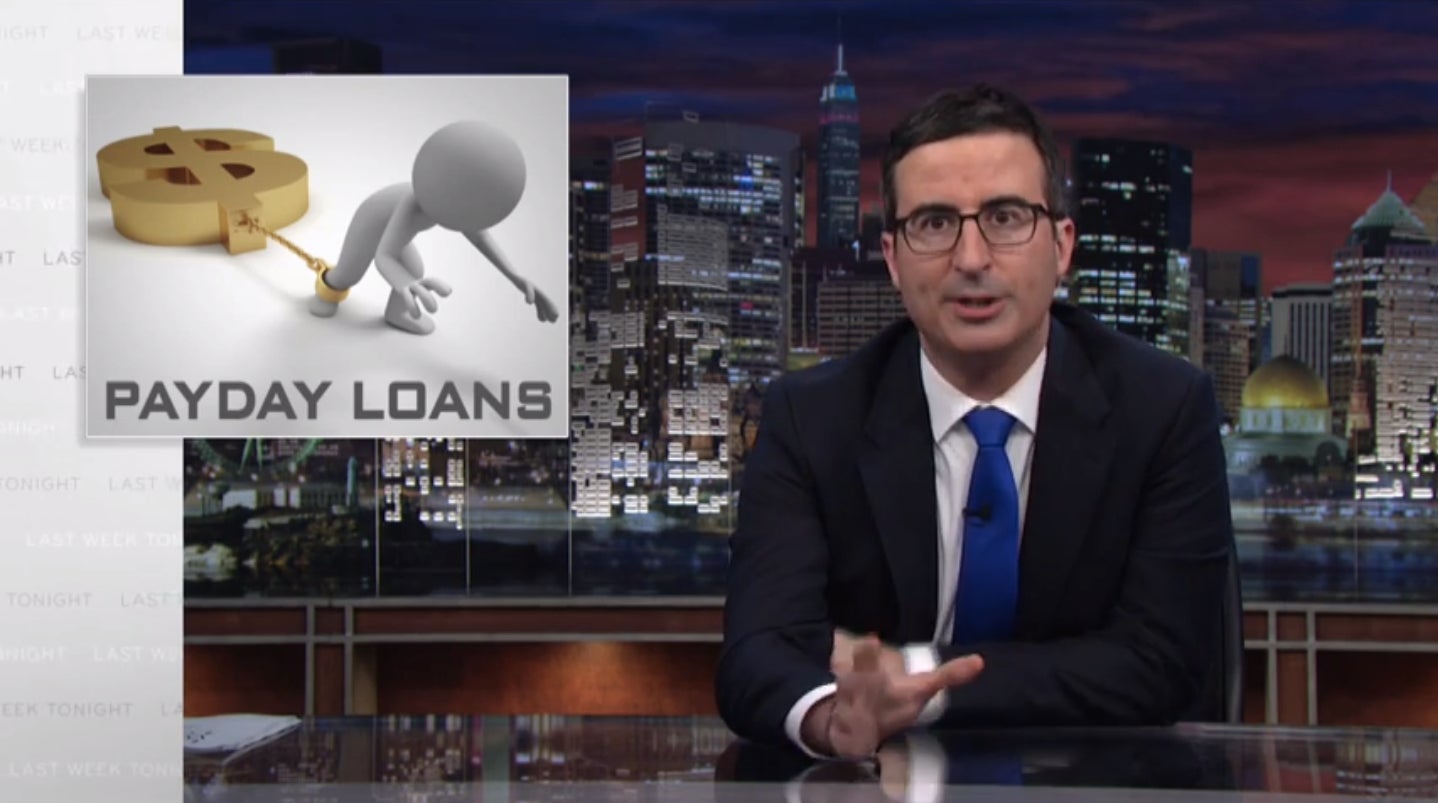Poor people may be even worse off under the new payday loan rules
Payday loans may be the least popular financial product since subprime loans. Google finds them so distasteful they have banned payday lenders from advertising on its sites. The New York Fed says, “Except for the ten to twelve million people who use them every year, just about everybody hates payday loans.”


Payday loans may be the least popular financial product since subprime loans. Google finds them so distasteful they have banned payday lenders from advertising on its sites. The New York Fed says, “Except for the ten to twelve million people who use them every year, just about everybody hates payday loans.”
Payday lenders days may be numbered. The Consumer Financial Protection Bureau proposed new rules to end payday debt traps. Unfortunately, this well-intentioned policy may leave the neediest borrowers with worse options.
Payday lenders offer credit to low earners who can’t get credit elsewhere or don’t have formal banking relationships. The loans are normally extended for one pay period, about two weeks, with annual interest rates approaching 400%. If the loan can’t be repaid in two weeks it can be rolled over into a new loan. About half the loans are paid off within a month, but about 20% are rolled over at least six times.
Multiple rollovers create a debt trap of high interest and fees, and many borrowers end up paying more in fees than the original size of the loan. The CFPB hopes to end this by requiring payday lenders to verify the borrower has the means to pay back the loan (and pay for other necessary expenses) before they take it. Lenders can’t keep extending new loans unless they can prove a material change in the borrowers’ circumstances. Interest rates are capped at between 28% and 36% for long term repayment plans.
Great in theory. But the impact on the loan industry may leave customers worse off. As outrageous as 400% interest sounds, the New York Fed argues payday loan rates are fair given the high default rates and competition among lenders. Most payday lenders operate on thin profit margins and repeat borrowers account for a large share of their revenue. An increase in underwriting costs may put many lenders out of business.
Even if you could limit borrowing to customers who appear to be in good financial shape, circumstances of payday customers often change quickly. Being poor and short of credit often means you are more exposed to risk of financial calamity (cheaper, older cars break down more often, there are higher rates of poor health, disability, and single earning households). Making it harder to re-extend loans will probably mean more defaults.
If you see payday lenders as usurious, drumming them out of business may be a good solution. The popular English comedian and commentator John Oliver argues any alternative is better, but he’s wrong. New York Fed studied what happened when Georgia and North Carolina banned payday lenders from 2004 to 2005. Households in those states bounced more checks, had more problems with debt collection, and had higher rates of bankruptcy. In Georgia, the payday ban is associated with $36 million in bounced check fees.
The New York Fed urges caution before adopting regulation. Multiple debt rollovers are a problem, but it is not clear if borrowers are totally naive. The CFPB regulation raises murky questions about how far regulators should go to prevent people from making seemingly bad financial decisions. There may also be better alternatives. In Atlantic magazine this month Bethany McLean describes how Colorado extended the length of the loans from two weeks to six months. That led to lower fees, fewer defaults, and a viable business model for the only lenders willing to offer credit to the neediest.